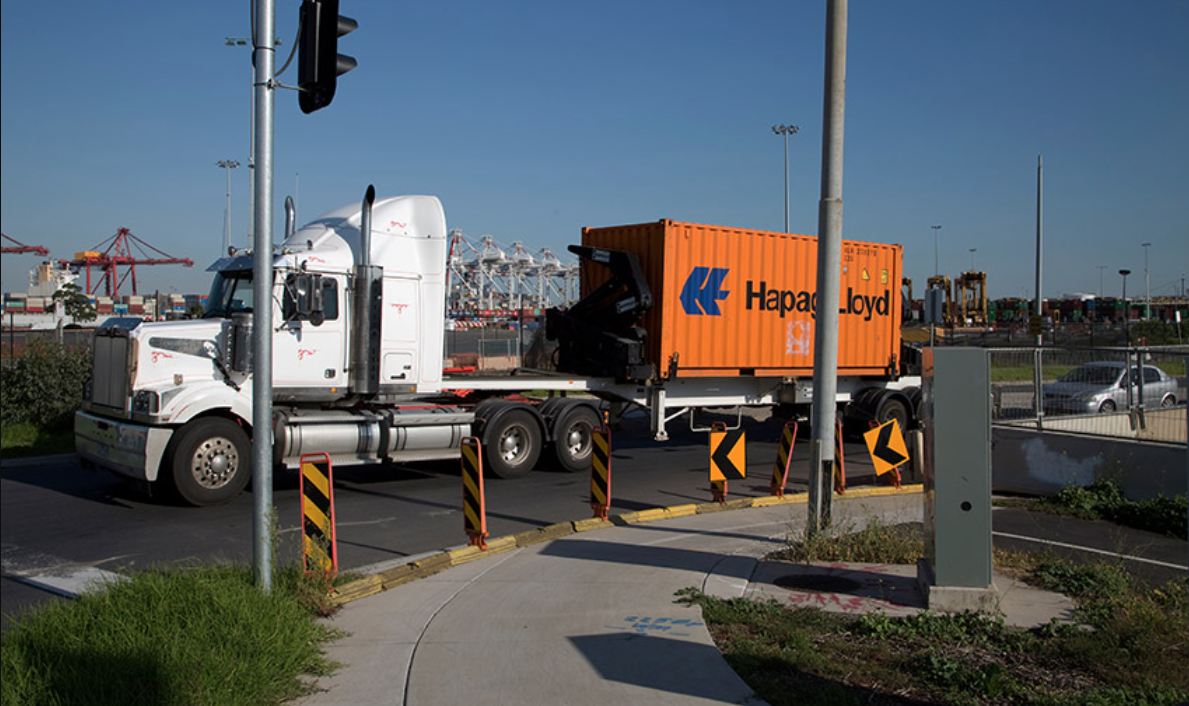
The proposed carbon tax by the Allan government targeting trucks moving through the Port of Melbourne has sparked skepticism from the Container Transport Alliance Australia. Jacinta Allan’s Labor government aims to levy a tiered tax of at least $100 per container, considering a vehicle’s age and carbon emissions, to support the Port Rail Shuttle Network project.
Neil Chambers, the director of Container Transport Alliance Australia, expressed doubts about the effectiveness of the plan. He stated, “They’re conflating two issues. We understand the government has policy objectives, but we’re not sure that the implementation of a truck tax will influence the behavior of transport operators to move toward more fuel-efficient and emission-friendly vehicles.”
Chambers highlighted concerns that the tax would likely be passed on to importers and exporters, ultimately raising the cost of doing business through the Port of Melbourne. He criticized the government’s approach, suggesting that the tax on trucks could be seen as taxing an efficient mode of transport to fund rail initiatives.
The Victorian government aims for net-zero emissions by 2045, with freight movements being a significant component. Chambers criticized the government’s attempt to dress up the truck tax in sustainable attire, likening it to “putting lipstick on a pig.”
Opposition to the proposed tax came from Shadow Minister for Ports and Freight, Roma Britnell, who argued that it would escalate freight costs on roads, ultimately burdening Victorians with higher prices for goods. Britnell emphasized the need for investment in rail to enhance its competitiveness instead of relying on measures that would make road freight more expensive.
Container Transport Alliance Australia called for more transparency regarding the government’s plans, particularly concerning the administration and beneficiaries of the rail rebate. Chambers pointed out the current lack of rail capacity and questioned the feasibility of achieving a significant modal shift from road to rail.
In response, Ports and Freight Minister Melissa Horne’s office emphasized previous investments in rail freight infrastructure to enhance efficiency and reduce emissions. The government expressed its commitment to exploring further options to improve the rail freight network and reduce heavy truck traffic on roads in collaboration with industry stakeholders.
As discussions continue, the implications of the proposed truck carbon tax on freight operations and the broader logistics landscape remain under scrutiny.
Source: DCN

